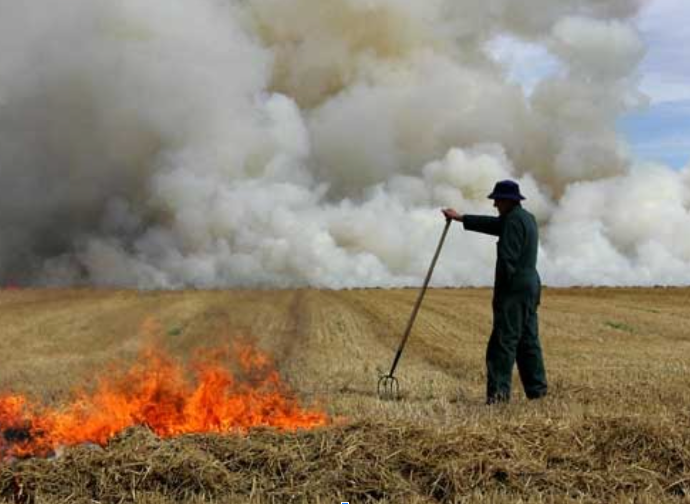The Environmental Benefits of a BRRP

Reduce Gross Emissions
Reduce gross emissions from waste and contribute to national renewable energy targets:
-
Reduce methane emissions from landfilling organic waste
-
Decrease waste transportation costs & emissions
-
Clean Energy exported to run the wastewater treatment supplement national grid energy
Near Zero Waste
Traditionally segregated, municipal waste collection and industry waste are combined to prevent all organic waste from being sent to landfill.
This reduces the public health hazards leaching creates, and landfill fees partially fund the bioenergy recovery process.


Limit Sewage Discharge
The BRRP outputs a digestate rich in nutrients which is an excellent organic soil conditioner.
-
Research underway to could prevent our national dependence on buying phosphate rock
-
Prevent the spreading of wastewater on land where it can reenter our water supply.
-
Protect sacred and Tapu sites
-
Aims to improve microbial activity & soil health and water holding capacity
Local Alternative for Crop Burn-off & Horticultural Waste storage.
100,000 tonnes of Crop Residue is burnt off in Canterbury every year, releasing green house gases and causing a fire risk.
All forms of waste form horticulture can be combined, including grape marc, tomato stems and primary waste like DAF sludge.
Each BRRP operates configurable to your region, with 10 tonnes per day minimum.
